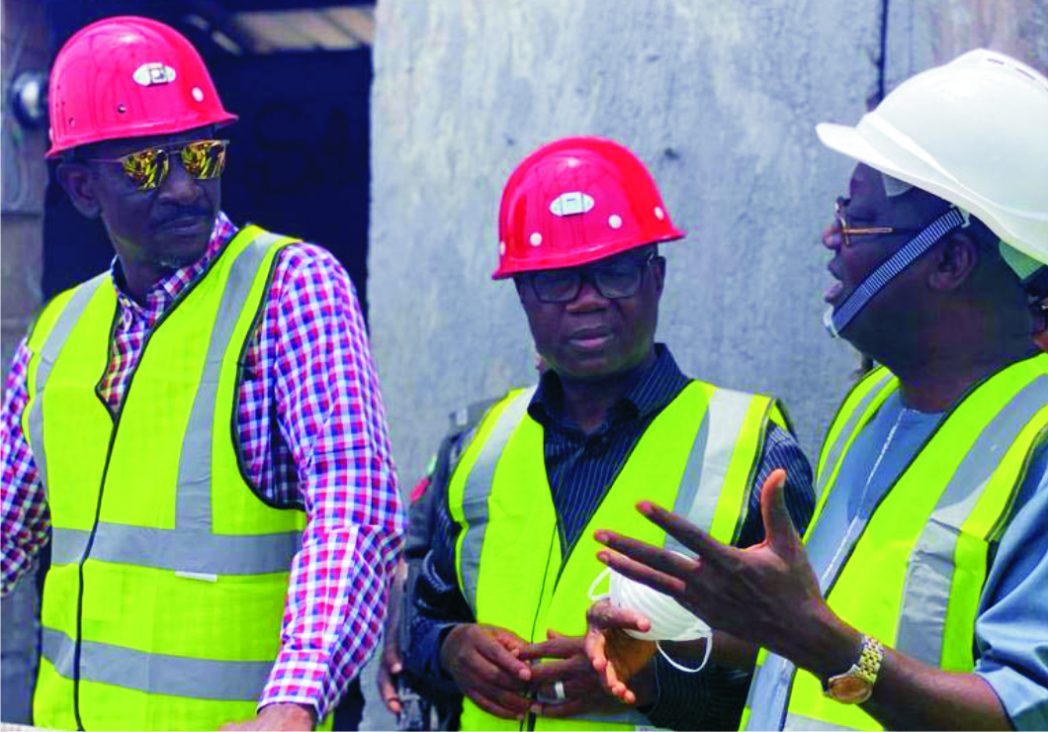Business
IPMAN, Others Back Removal Of Fuel Subsidy

Some stakeholders in the petroleum sector have hailed the removal of fuel subsidy by the Federal Government, saying it would benefit the nation’s economy in the long run.
The stakeholders told The Tide source in separate interviews in Lagos that the crash in the price of crude oil in the international market had provided the government the opportunity to stop subsidising the product.
The Group Managing Director, Nigerian National Petroleum Corporation (NNPC), Mr Mele Kyari had on Monday said the era of fuel subsidy was gone forever in Nigeria.
“There would be no resort to either fuel subsidy or under-recovery of any nature. NNPC will play in the petroleum marketplace, just like another marketer in the space.
“But we will be there for the country to sustain the security of supply at market price,” Kyari had said in the programme aired by Africa Independent Television (AIT).
President, Independent Petroleum Marketers Association of Nigeria (IPMAN), Mr Chinedu Okoronkwo, said the removal of fuel subsidy would allow more investors to come into the sector.
Okoronkwo said: “This is what we have been asking the government to do because there is really no need for government to be subsidising fuel annually with huge amount of money.
“These funds could have been channelled into providing critical infrastructure and health care for Nigerians which we are now seeing due to the Coronavirus pandemic.
“With the removal of subsidy, more modular refineries will come up. We already have Dangote Refinery in Lagos which will soon start operations.
“Also the Waltersmith Modular Refinery in Ibigwe, Imo State, is almost near completion. This means we won’t need to be refining our crude oil outside the country.
“The government should let the market forces determine the price, going forward and allow the private sector to be involved in the process.”
Also, Mr Wilson Opuwei, an oil and gas expert, said while the removal of fuel subsidy was good, it should, however, not be a knee-jerk reaction by the government.
Opuwei, who is the Chief Executive Officer of Dateline Energy Services Ltd, said there should be a timeline and also eligibility criteria to determine those who would participate in the process.
“Once they are able to do all of that and understand the overall gain for the country, that is when we will know we are going somewhere,” he said.
He expressed optimism that the removal of the subsidy would be sustained even if crude oil price increases at the international market in the coming months.
Programme Coordinator, Nigeria Natural Resource Charter (NNRC), Ms Tengi George-Ikoli said the group in its 2019 benchmark report had decried the spending of N750 billion on fuel subsidy in 2019.
Business
NCDMB, Jake Riley Empower 250 Youths On Vocational Skills

Business
NUJ Partners RSIRS On New Tax Law Education

Transport
Nigeria Rates 7th For Visa Application To France —–Schengen Visa

-

 Politics5 days ago
Politics5 days agoPFN Rejects Call For INEC Chairman’s Removal Over Genocide Comments
-

 Rivers5 days ago
Rivers5 days agoFasthire, PHCCIMA, CIPM Host CareerFest 2026 In PH
-

 Sports5 days ago
Sports5 days agoEnekwechi wins Orlen Cup in season opener
-

 Politics5 days ago
Politics5 days agoHoodlums Disrupt LP-ADC Defection Event In Lagos
-

 Sports5 days ago
Sports5 days agoFalconets, Senegalese Lionesses arrive Ibadan for qualifier
-

 Sports5 days ago
Sports5 days agoSimba open Nwabali talks
-

 Politics5 days ago
Politics5 days agoRemoval From INEC’s Portal, Abure-Led LP Faction Mulls Legal Action
-

 Niger Delta5 days ago
Niger Delta5 days agoTinubu, Jonathan, Diri Pay Last Respect To Ewhrudjakpo

